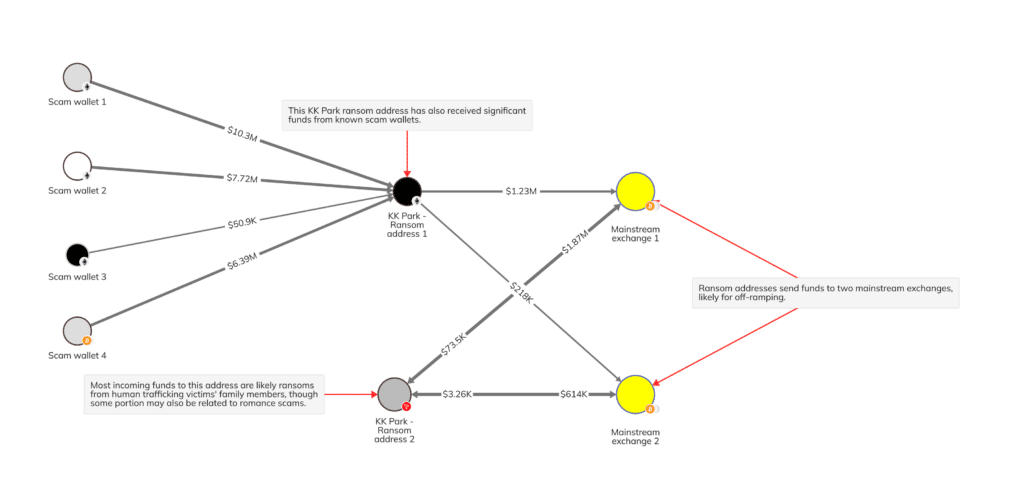A Chainalysis report reveals that romance scammers based in Myanmar had amassed $100 million in cryptocurrencies, highlighting the link between illegal activities and digital assets.
Over the past two years, Myanmar-based criminal organizations have exploited pig slaughter schemes to obtain $100 million worth of cryptocurrencies from victims. In this scheme, scammers trick victims into entering into fake relationships and convincing them to invest money in cryptocurrencies.
According to a new report by Chainalysis, criminal organizations are operating outside Myanmar, particularly within the premises of KK Park in Myawaddy town. The facility reportedly houses thousands of trafficked workers and serves as a hub for romance scams, with victims forced to endure harsh working conditions to meet their fraudulent quotas. and are subject to coercive tactics.
“The conditions these people face are dire. They are forced to work more than 12 hours a day, and if they fail to meet their quotas regarding contacting potential victims of fraud, gangs attack them. They beat, torture, and even withhold food from them.”
Eric Heinz, Global Analyst, Global Fusion Center, International Justice Mission
Chainalysis' investigation of ransom addresses associated with pig slaughter organizations revealed large amounts of cryptocurrencies, highlighting the profitability of these illegal activities.

While recent efforts by law enforcement have had some success in combating these crimes, Chainalysis says there is an “urgent need to solve the problem of romance fraud” due to the pervasive nature of the problem.
In November 2023, the U.S. Department of Justice (DoJ) worked with Tether to seize $9 million worth of USDT from a criminal organization using the Romance scheme to defraud unsuspecting U.S. investors of their cryptocurrency holdings. The Justice Department said the assets legitimately belonged to more than 70 pig slaughter victims. At the time of writing, Tether has blacklisted approximately 1,300 crypto wallets associated with illegal activities, according to data from CCData.


